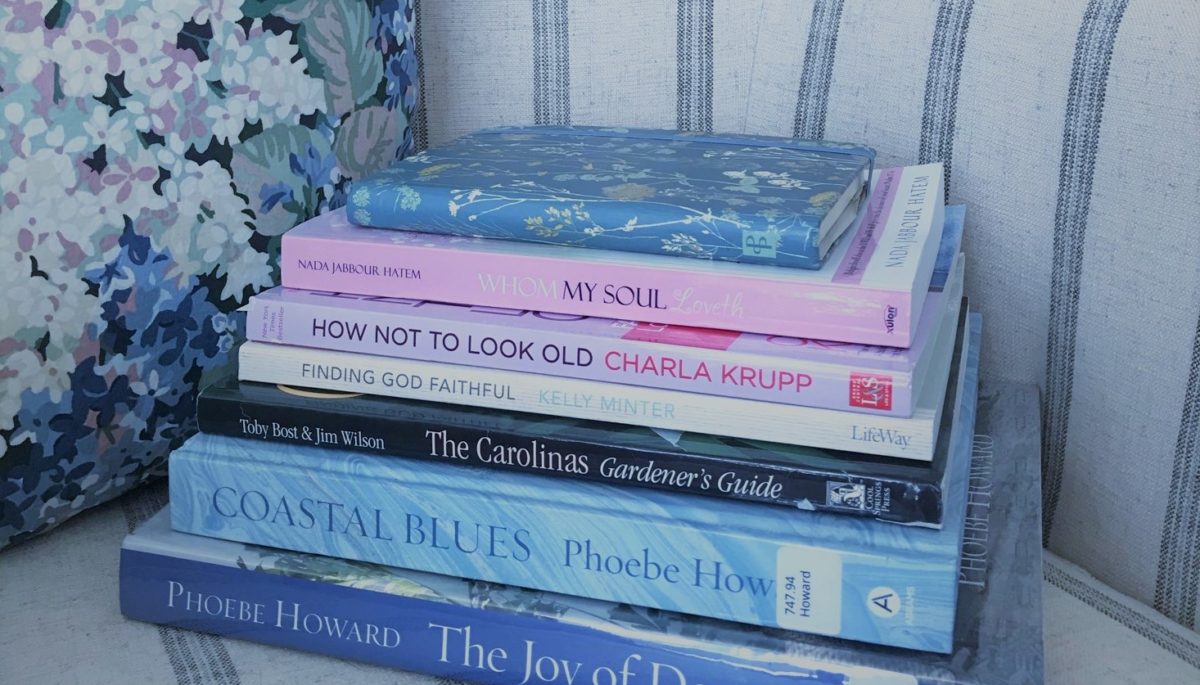We recently commemorated the 80th anniversary of D Day, the Allied Forces’ rescue of France and other European countries invaded by Germany. As that heroic event was being remembered, I was reading the autobiography of a young Jewish man who lived through the Nazi occupation of Holland. His first-hand account of the persecution and eradication of Jews astounds me once again. It is a clarion wake-up call for today. As with other World War 2 fiction and nonfiction books I’ve read recently, the realities are unfathomable.
Ernest Cassutto was a Dutch university student at the time of the Nazi invasion of Holland. As the round-up of Jews in Holland intensified, Cassutto and his family went into hiding, as did his fianceé and her family. Gestapo raids kept them on the move and in constant fear. Ernest and his fiancee were eventually caught, and she was killed in a concentration camp. The Germans never deported Ernest but sent him to forced labor farms in Holland. Though the liberation of Europe began on D Day in June of 1944, the Netherlands was not freed until nearly a year later in May of 1945. Ernest and his family survived the Holocaust. The Jewish young girl he later married also survived the Holocaust. A Christian teacher in rural Holland took her in, but her parents were captured and died at the hands of Nazis.

What is stunning about the experiences of the Jews like Ernest Cassutto was the explicit race profiling. The Cassutto family did not practice their Judaism. In fact, due to being born overseas, Ernest was not circumcised, a fact known to his German captors. The slaughter of approximately six million people was based entirely on their identity as Jews! How terrifying to realize that this genocide happened in modern times, in ‘civilized’ culture.
At this point you’ll wonder why “A Writer’s Daughter” is addressing history!? Cassutto’s life story took an early twist. Just prior to the war, Ernest examined the Christian faith. A pastor directed him to Isaiah 53, where he and his fiancé came to believe in Jesus as the Messiah and their personal Savior. It was the Christian community who put themselves in great danger to hide and protect Jewish friends and neighbors from the Nazis. Several of Ernest’s family members and his future wife also received the Gospel as a result of the perilous resistance work by Christians for the sake of their Jewish brothers and sisters.
Ernest Cassutto recognized the clear description of a Savior suffering for the salvation of sinners in Isaiah 53. John 13 v 35 clearly conveys a deep responsibility to the saved: “By this all people will know that you are my disciples, if you have love for one another.” Many loved courageously during Hitler’s evil regime. Some lost their lives doing so.
References:
The Last Jew of Rotterdam by Ernest Cassutto. I also recommend Letter to the American Church by Eric Metaxas.
Note: my blog posts are best viewed at A Writer’s Daughter

